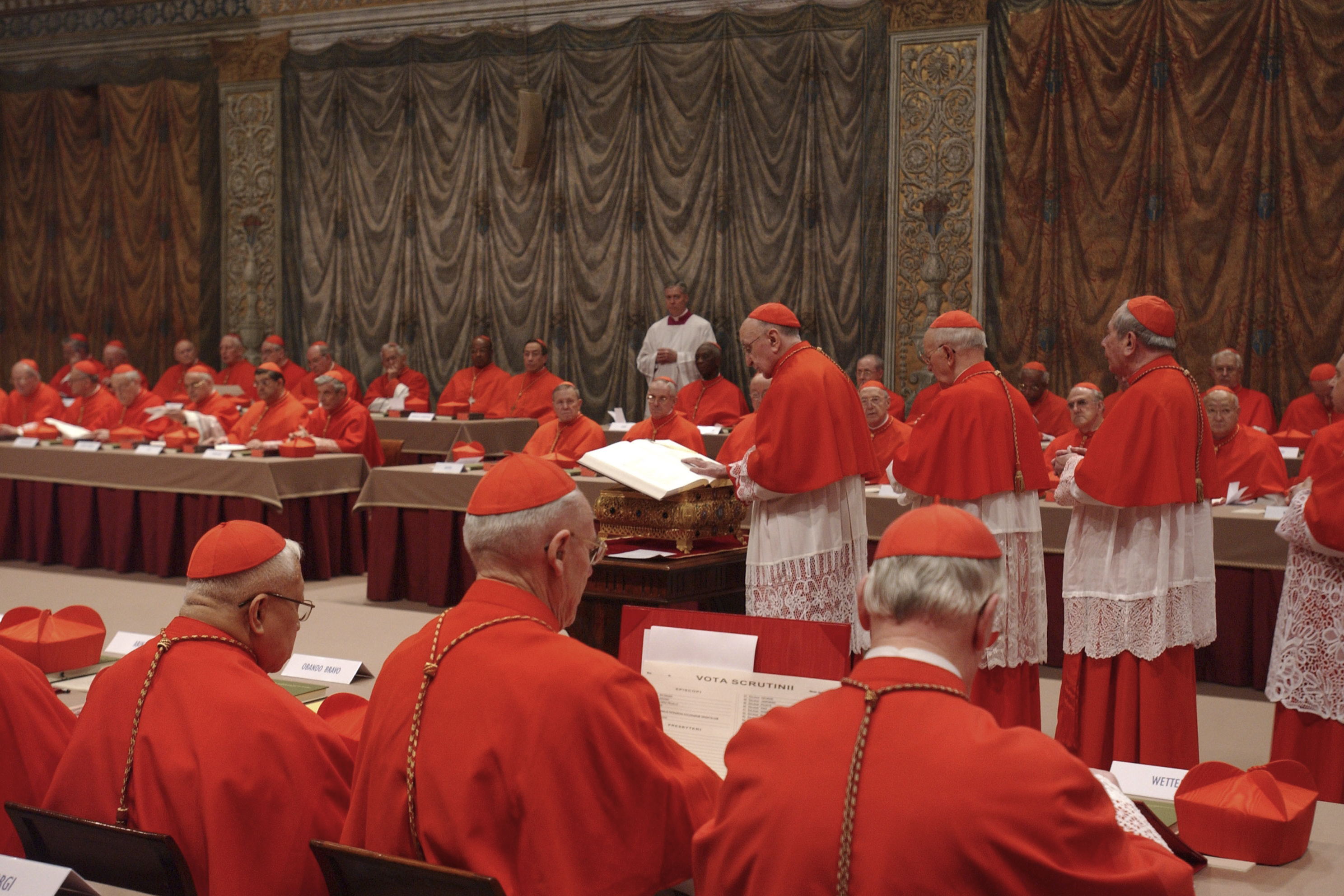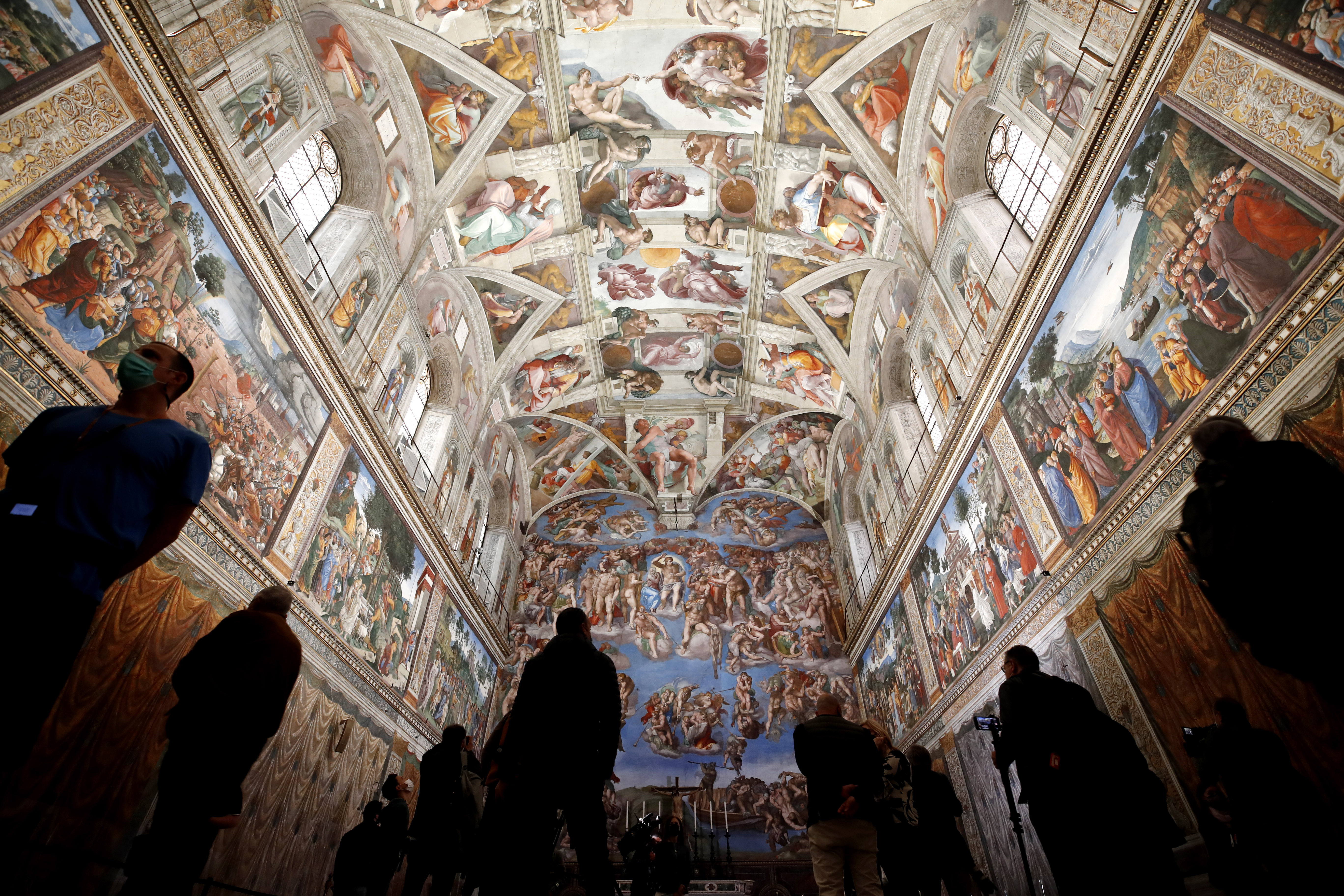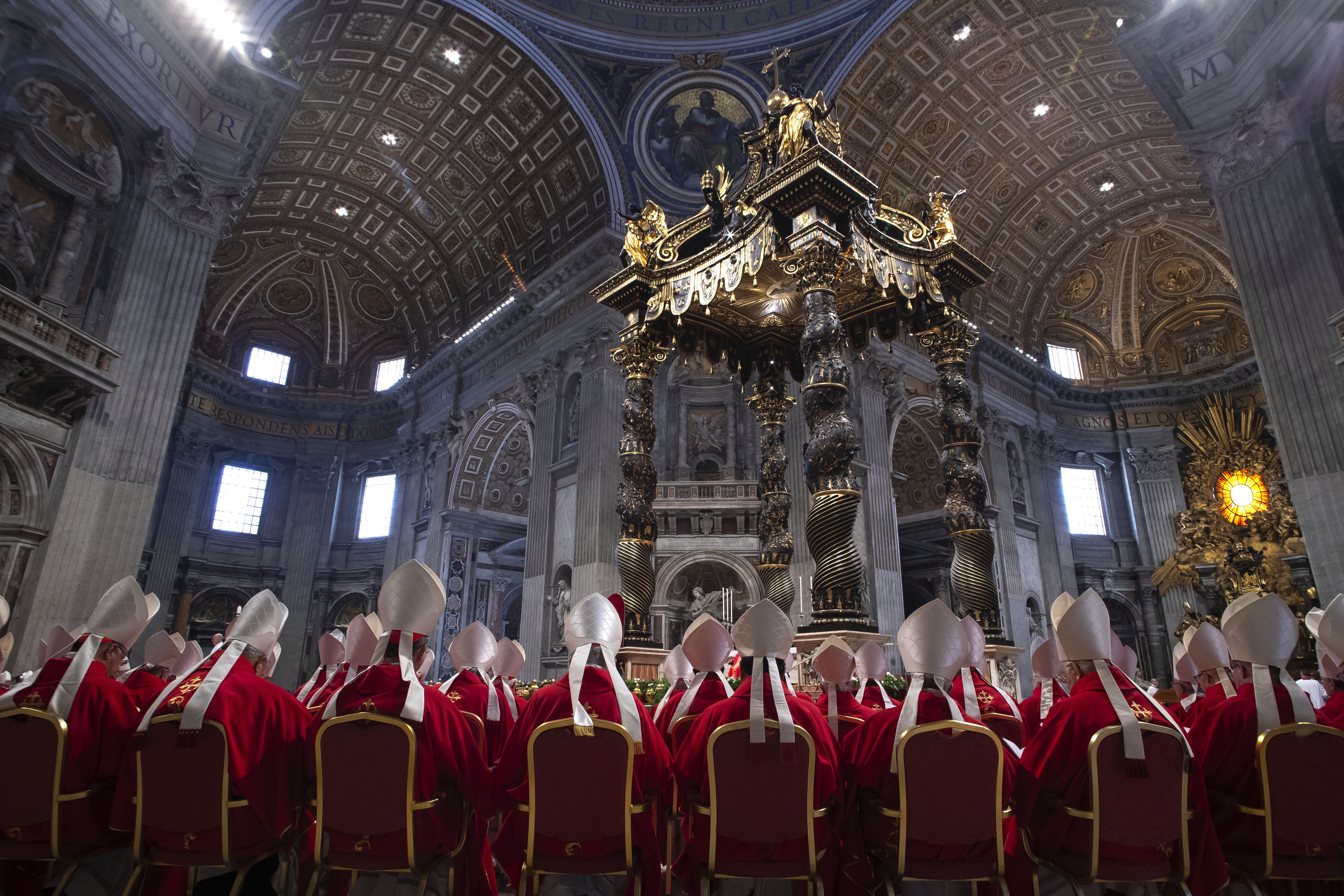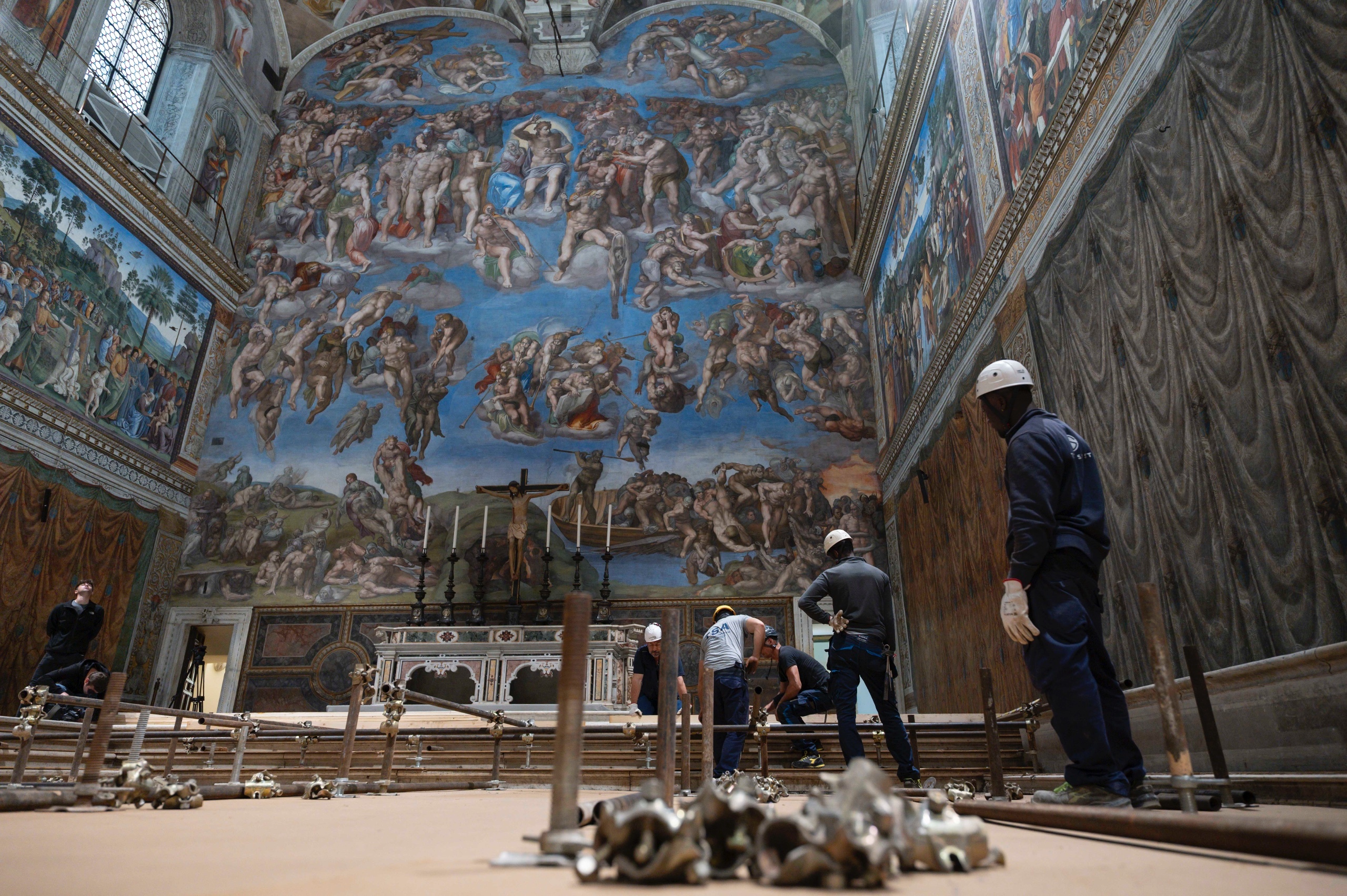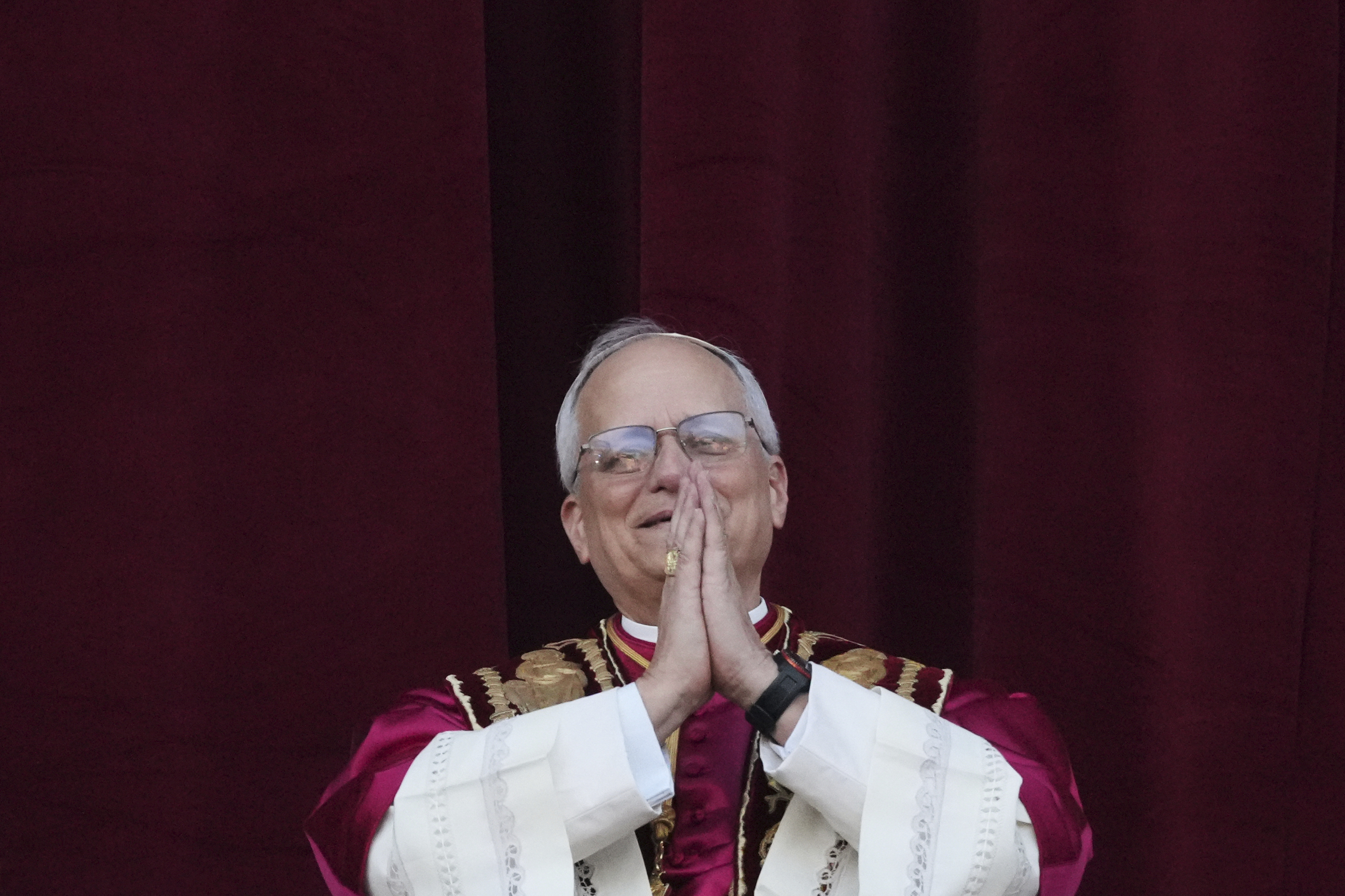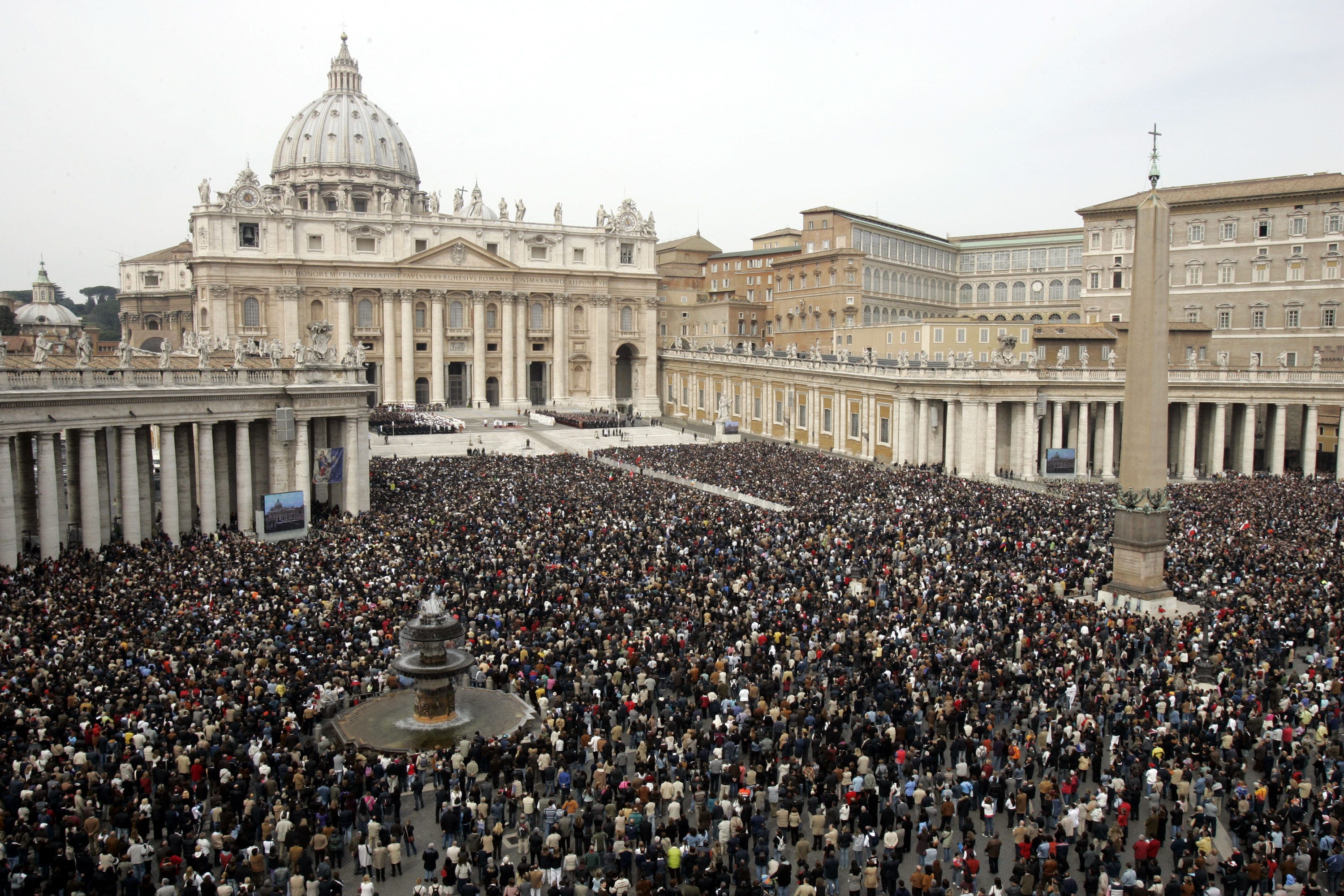Conclave Movie: Fact vs. Fiction in Papal Elections!
"Conclave" Movie: Separating Fact from Fiction in Papal Elections
Decoding the Drama: "Conclave" and the Papal Election Process
Ever wondered what really goes on behind the closed doors of a papal conclave? The recent film "Conclave" has thrown the spotlight on this secretive process, captivating audiences with its suspenseful plot and glimpses into Vatican tradition. The death of a Pope always sparks intrigue, and now, thanks to Hollywood, even more people are discussing the selection of his successor. But how much of the movie is accurate, and how much is pure cinematic license? Let's dive in and separate fact from fiction.
What "Conclave" Got Right: The Pillars of Papal Elections
Despite its fictionalized narrative, "Conclave" does a commendable job of portraying some core elements of the papal election process. It's not all drama; there's a lot of historical and procedural accuracy sprinkled in.
The Gravity of the Situation
One thing the film nails is the sheer weight and solemnity of the task facing the cardinals. This isn’t just a political election; it's a spiritual calling that impacts the lives of over a billion Catholics worldwide. The movie effectively conveys the immense pressure and responsibility felt by the electors.
The Secrecy is Real
The locked-door policy depicted in "Conclave" is no exaggeration. Cardinals are sequestered within the Vatican walls, cut off from the outside world, until they reach a decision. Communication with the outside world is strictly prohibited, ensuring that outside influences don't sway their votes. No Twitter updates from this election! It's a decision made in silence and prayer.
The Rituals and Ceremony
The film accurately portrays many of the rituals associated with the conclave, from the solemn procession into the Sistine Chapel to the burning of ballots and the announcement of "Habemus Papam" ("We have a Pope"). These traditions, steeped in history, add to the grandeur and mystique of the event. Think of it as the ultimate "red carpet" event, but with more prayer and less fashion critique.
Contemporary Challenges
“Conclave” touches upon some of the real issues facing the Catholic Church today. From internal conflicts to the rise of secularism, the film acknowledges that the election of a new Pope comes at a critical juncture for the Church. It acknowledges the complexity of modern challenges and the difficult decisions that lie ahead.
Where "Conclave" Takes Liberties: The Fictional Twists
To keep audiences on the edge of their seats, "Conclave" naturally embellishes certain aspects of the papal election process. After all, who wants to watch a completely accurate but potentially uneventful account? Here's where the movie deviates from reality.
The Detective Element
One of the film's main plot points involves a detective-like investigation into a possible murder. While internal politics and rivalries certainly exist within the Vatican, the likelihood of a full-blown murder investigation during a conclave is highly improbable. The Vatican has its own security protocols, but they don't typically involve solving mysteries in the style of Sherlock Holmes.
The Speed of the Election
In the movie, the papal election seems to happen relatively quickly. In reality, conclaves can last for days or even weeks, as cardinals engage in intense discussions and multiple rounds of voting. The process is deliberately slow and deliberate, allowing for prayerful reflection and careful consideration.
The Role of Outsiders
While the film features characters from outside the College of Cardinals playing significant roles, the real decision-making power rests solely with the cardinals themselves. External influences are generally kept to a minimum to ensure the integrity of the election. It's a members-only club when it comes to choosing the next Pope.
Dramatic Personality Shifts
The film amplifies the personalities of the cardinals for dramatic effect. While these men surely have diverse backgrounds and opinions, the movie portrays drastic behavior shifts and sudden epiphanies that stretch credibility. Remember, even cardinals are still just people, with their own strengths, weaknesses, and sometimes, quirks.
The Voting Process: A Closer Look
How does the voting process actually work? It's far more intricate than simply picking a name out of a hat!
Secret Ballots
Voting is done in secret, with each cardinal writing the name of their chosen candidate on a ballot. This ensures that no one feels pressured to vote a certain way. Think of it as the ultimate anonymous poll.
The Two-Thirds Majority
To be elected Pope, a candidate must receive a two-thirds majority of the votes. This requirement ensures that the new Pope has broad support within the College of Cardinals. It's a high bar to clear, which is why conclaves can sometimes be lengthy.
Burning the Ballots
After each round of voting, the ballots are burned. If a Pope has been elected, white smoke is released, signaling the good news to the world. If no Pope has been elected, black smoke is released, indicating that the cardinals need to continue their deliberations. It's a simple yet effective way to keep the world informed.
The Role of the Holy Spirit
While the mechanics of the conclave are clearly defined, many Catholics believe that the Holy Spirit plays a guiding role in the election process. The cardinals are encouraged to pray for guidance and to listen to the promptings of their conscience. It's a process that blends earthly procedure with spiritual discernment.
Who Are the Cardinal Electors?
Let's take a moment to understand who these influential figures are.
Appointed by the Pope
Cardinals are appointed by the Pope and are typically bishops or archbishops from around the world. These are the Church's elder statesmen, chosen for their wisdom, experience, and dedication.
Under 80 Years Old
Only cardinals under the age of 80 are eligible to vote in a conclave. This rule ensures that the electors are of sound mind and body and able to handle the rigors of the election process.
Representing the Global Church
The College of Cardinals is intentionally diverse, representing different regions, cultures, and perspectives within the Catholic Church. This diversity reflects the global nature of the Church and ensures that the new Pope is chosen by a truly international body.
The Aftermath: "Habemus Papam!"
The moment the white smoke billows from the Sistine Chapel chimney is a globally significant event.
Announcing the New Pope
Once a Pope has been elected, the senior cardinal deacon appears on the balcony of St. Peter's Basilica to announce "Habemus Papam" and reveal the new Pope's name. It's a moment of jubilation and anticipation for Catholics around the world.
The Pope's Acceptance
The newly elected Pope must formally accept his election before taking office. This acceptance is a powerful statement of humility and willingness to serve the Church.
The Inauguration
The new Pope is then formally inaugurated, marking the beginning of his pontificate. This ceremony is steeped in tradition and symbolism, signifying the transfer of authority and responsibility.
The Real-Life Drama: Beyond the Silver Screen
While "Conclave" offers a glimpse into the world of papal elections, the real-life events are often just as dramatic, though perhaps in a more subtle and nuanced way.
Political Intrigue
Internal politics and rivalries are a natural part of any large organization, and the Catholic Church is no exception. Different factions may support different candidates, leading to behind-the-scenes maneuvering and strategic alliances.
Theological Debates
The cardinals may have differing views on important theological issues, which can influence their choice of Pope. The election process provides an opportunity for these different perspectives to be aired and debated.
The Future of the Church
Ultimately, the election of a new Pope is about the future of the Catholic Church. The cardinals are tasked with choosing a leader who can guide the Church through the challenges and opportunities that lie ahead.
Conclusion: "Conclave" as a Conversation Starter
"Conclave" may not be a perfect documentary, but it serves as an engaging conversation starter about the fascinating and often misunderstood process of papal elections. While taking some creative liberties, the film accurately captures many of the core elements of the conclave, prompting viewers to learn more about this important aspect of Catholic tradition. So, watch the movie, enjoy the drama, but remember to take it with a grain of salt and delve deeper into the real history and procedures behind this ancient ritual. It's a topic far more compelling than any Hollywood script!
Frequently Asked Questions (FAQs) About Papal Conclaves
Here are some common questions people have about papal conclaves, answered simply and clearly:
- Q: How long does a conclave typically last?
A: There's no set time limit! Some conclaves are over in a day or two, while others can stretch on for weeks, depending on how quickly the cardinals reach a consensus.
- Q: What happens if the cardinals can't agree on a Pope?
A: If after several days of voting, no candidate receives the required two-thirds majority, the cardinals can decide to change the rules slightly. This usually involves allowing a simple majority vote between the two leading candidates to try to break the deadlock.
- Q: Can a cardinal nominate himself for Pope?
A: Absolutely! Although it's rare, there's nothing stopping a cardinal from writing his own name on the ballot. It's all about personal conscience and the guidance of the Holy Spirit.
- Q: What security measures are in place to prevent leaks during a conclave?
A: Cardinals are forbidden from communicating with the outside world. The Sistine Chapel and surrounding areas are thoroughly checked for listening devices, and they even use signal jammers to prevent electronic communication.
- Q: Is it possible for a non-cardinal to be elected Pope?
A: Technically, yes! Canon law states that any baptized male Catholic is eligible to be elected Pope. However, in practice, the cardinals always choose one of their own, as the elected person would then need to be ordained as a bishop.
